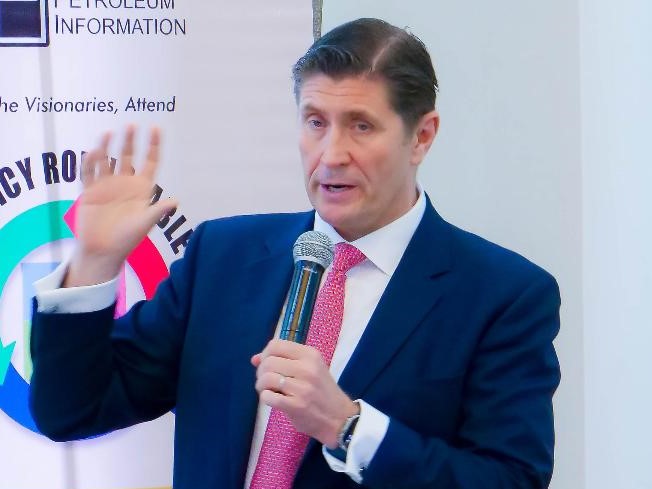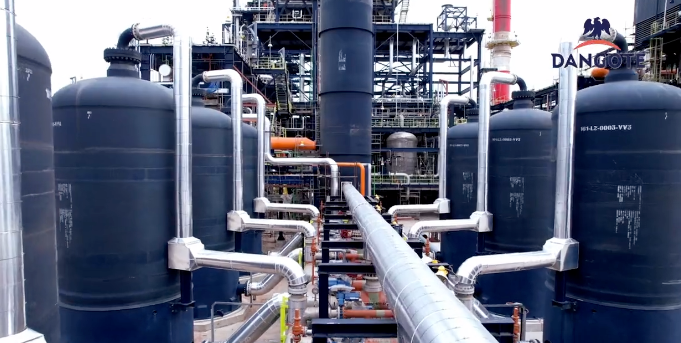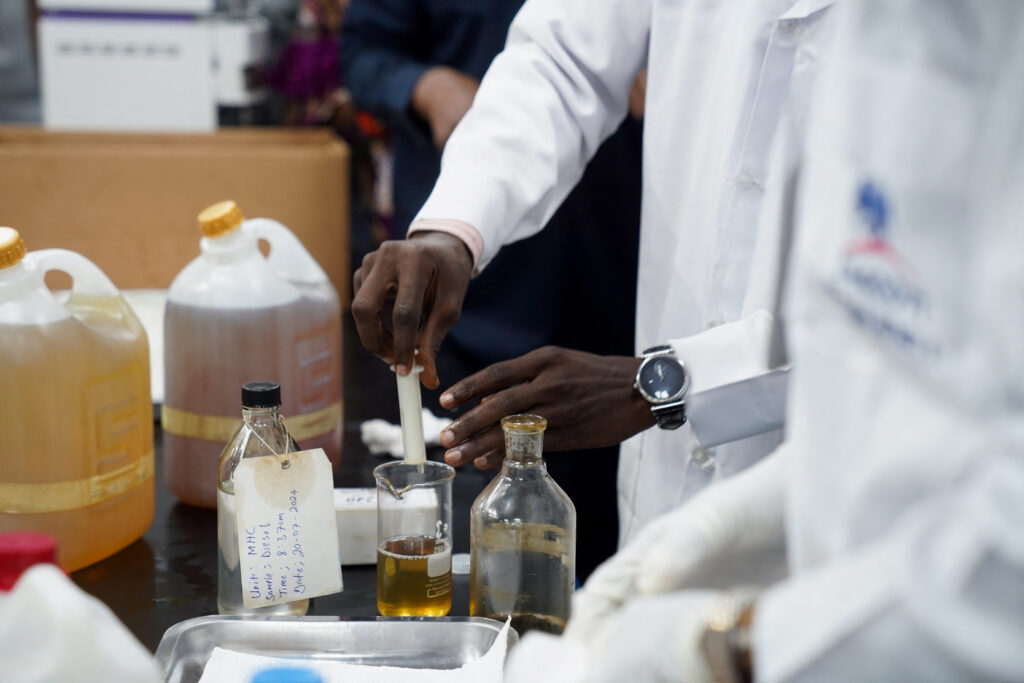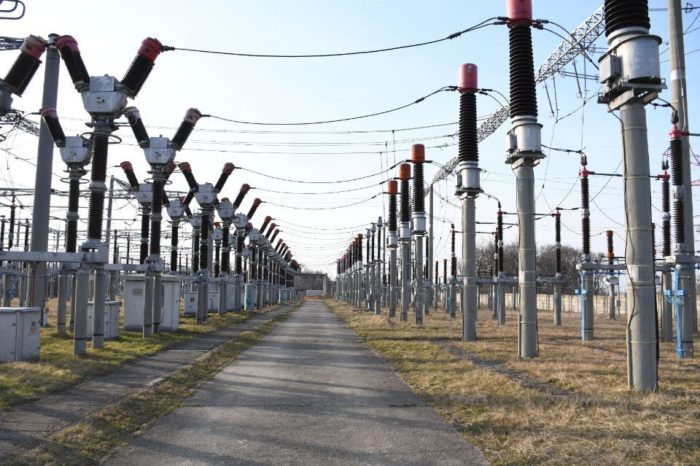Power sector hiccups over 2,300GWh loss to gas flaring in four weeks
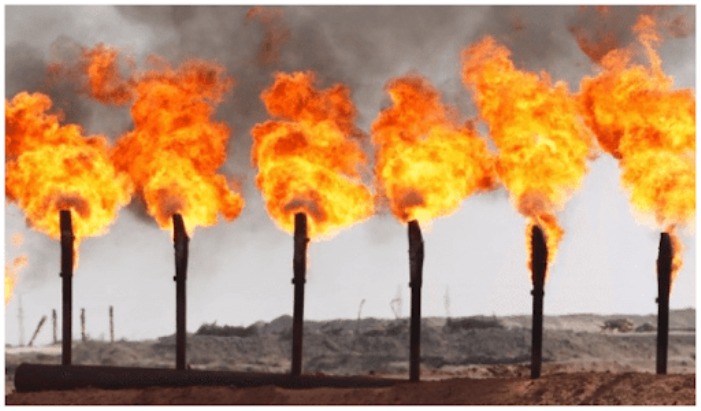
Ilenre Irele
There are signals that Nigeria may have lost 2,300 Gigawatts per hour generation potential to the continuous gas flaring by oil companies operating in the country in four weeks.
This is despite the country’s attempt to generate less than 5,000 megawatts a day to serve livelihood, businesses, and the economy, due partly to limited gas supply to the Electricity Generation Companies, GENCOs.
Nigeria’s gas flaring has dropped by 60.2 percent Month-on-Month, to 22.6 million standard cubic feet, MSCF, in February 2024, from in 36.2 million Mscf recorded in January 2024.
Data obtained from the latest report of the National Oil Spill Detection and Response Agency, NOSDRA, put the value of the 22.6 MSCF flared in the said period at $79 million.
Going by the current of N1,382.35/$ exchange rate of the Central Bank of Nigeria, CBN, $79 million translates to a loss of N109.2 billion potential revenue.
According to NOSDRA, the defaulting companies, including mainly the International Oil Companies, IoCs, were liable to fines totaling $45.2 million, an equivalent of N62.5 brillion.
Providing a further breakdown of the volume of gas flared across oilfields, NOSDRA disclosed that companies operating offshore rose by 81 percent to 10.6 mscf against 12 mscf flared by companies operating onshore.
However, NOSDRA disclosed that the volume of gas flared during the period under review was equivalent to carbon dioxide emission of 1.2 million tonnes.
NOSDRA lamented that despite efforts to reduce gas flaring, it has continued in Nigeria since the 1950s, releasing carbon dioxide and other gaseous substances into the atmosphere.
Nigeria’s gas project promises $18.3bn annual earnings – NNPC
In a twisted irony, there are fears that Nigeria will require between $10 billion and $15 billion over the next three years to ramp up gas infrastructure and could earn as much as $18.3 billion annually to the domestic economy.
The Group Executive Officer of the Nigerian National Petroleum Company Limited, NNPC, Mele Kyari, gave the estimate of investment required in gas over a three-year period at the 2024 edition of CERAWeek, a global oil and gas event in Houston, the United States, organised by S&P Global.
Recall that leading international consulting firm, PricewaterhouseCoopers (PwC), estimates that harnessing Nigeria’s proven gas reserves can stimulate an estimated Gross Value Added (GVA) of $18.3 billion annually to the domestic economy.
PwC further says optimising the domestic utilisation of gas could support 6.5 million Full Time Equivalent (FTE) jobs for the local economy.
At the Houston conference, Kyari argued that the main focus of the NNPC at the moment was building capacity to deliver gas into the domestic market, reiterating that Nigeria remains a gas country with associated oil rather than the other way round.
Nigeria has over 208 Trillion Cubic Feet (TCF) of proven gas reserves and about 600 TCF in potential reserves, but can hardly get the resource out of the ground due to lack of infrastructure and the much-needed investment in the sector.
The price of cooking gas has been rising steadily over the months in the country and the National Bureau of Statistics, NBS, says the average price of 5kg of cooking gas increased from N5,139.25 recorded in January 2024 to N6,154.50 in February 2024.
Gas pricing to hike electricity tariff
Meanwhile, as the quest to reposition the country’s power sector deepens, Electricity consumers may have to gear up for a monthly tariff adjustment as the cost of gas will be affected by the challenges in the FOREX market.
This development will in return give rise to electricity across the value chain in coming months.
However, with 80 per cent of the country’s electricity generation coming from thermal sources, which requires gas to power it, the pricing of the commodity (gas) is a source of concern to the industry, especially as it relates to pricing, given the forex exchange rate. This is because the gas business is dollar denominated.
Industry sources said that although gas price sales to the industry has remained constant at $2.18 base price since 2021, the rising value of the dollar against the naira has made the cost of sourcing the product more challenging.
This high cost induced by the exchange rate, it is believed, led to the shortage of gas supply to GENCOs, who, for a long time, have been unable to pay their gas suppliers, leading to the near total darkness the country has witnessed recently.

